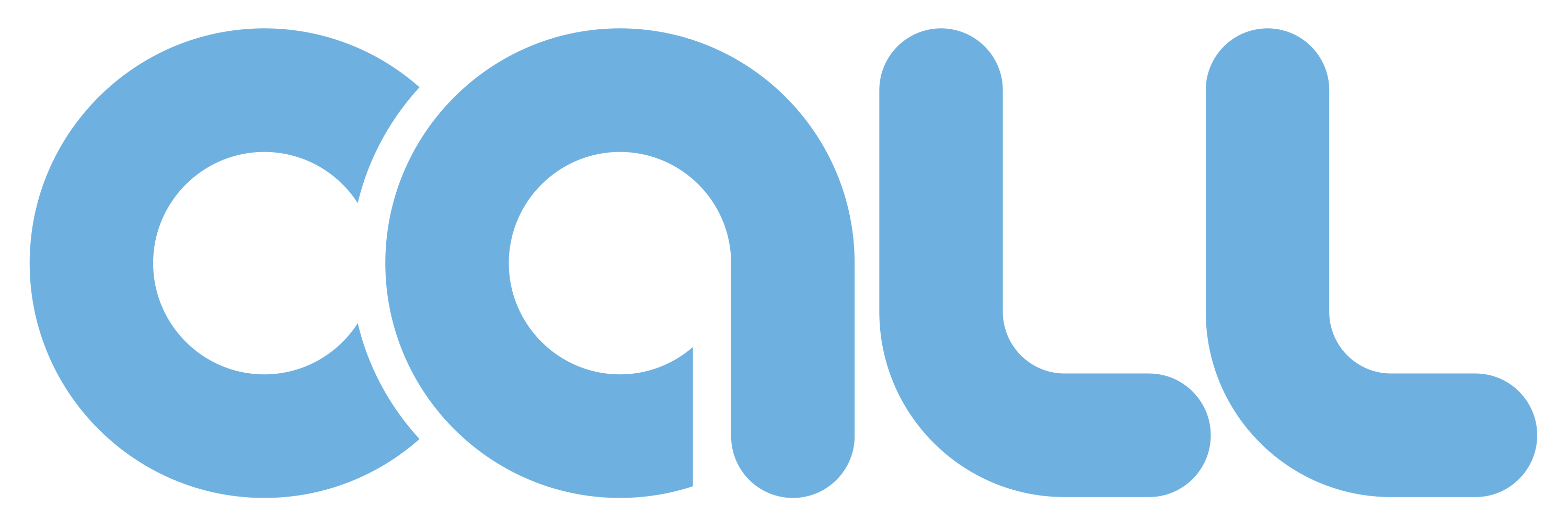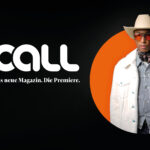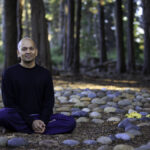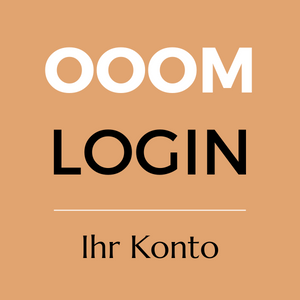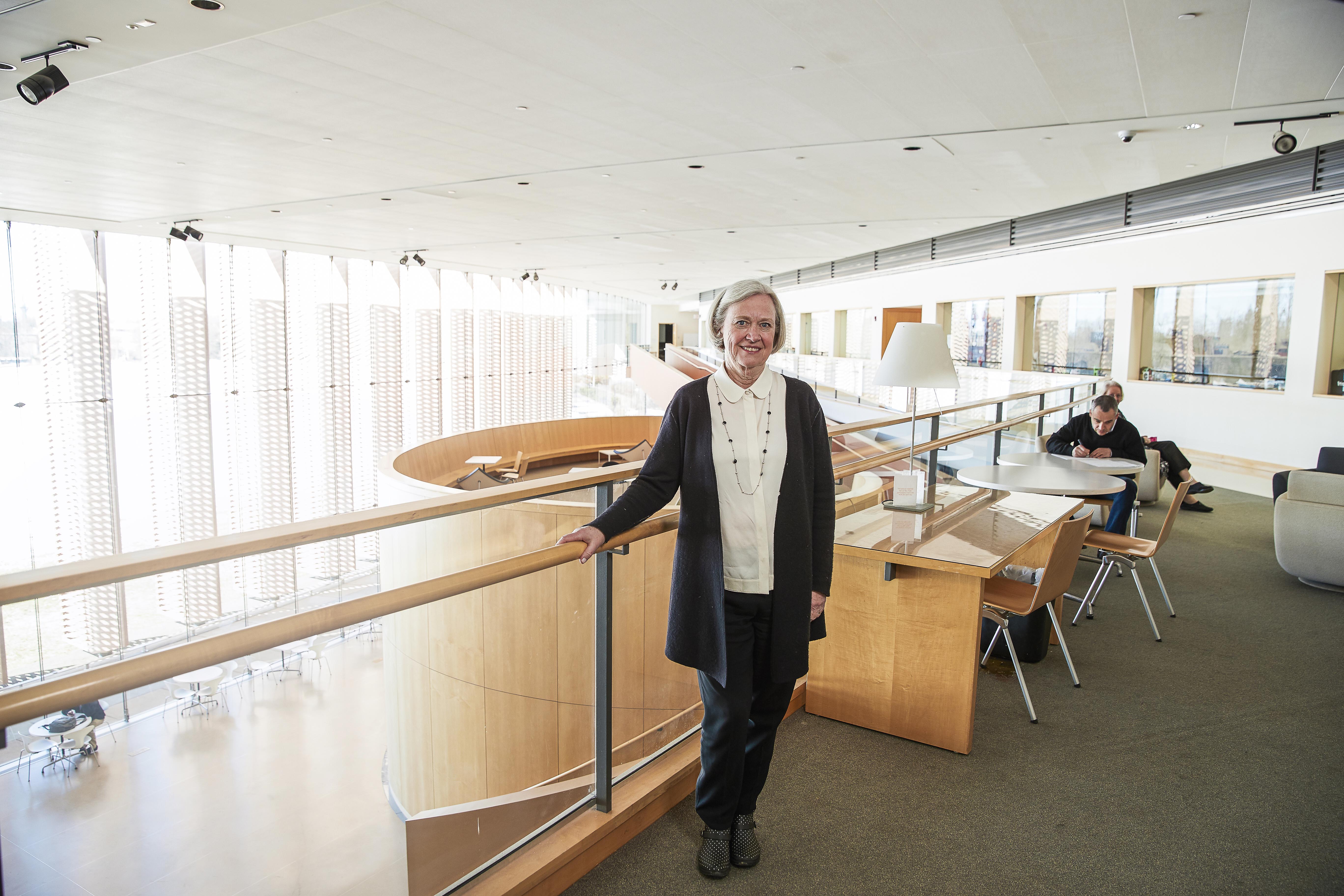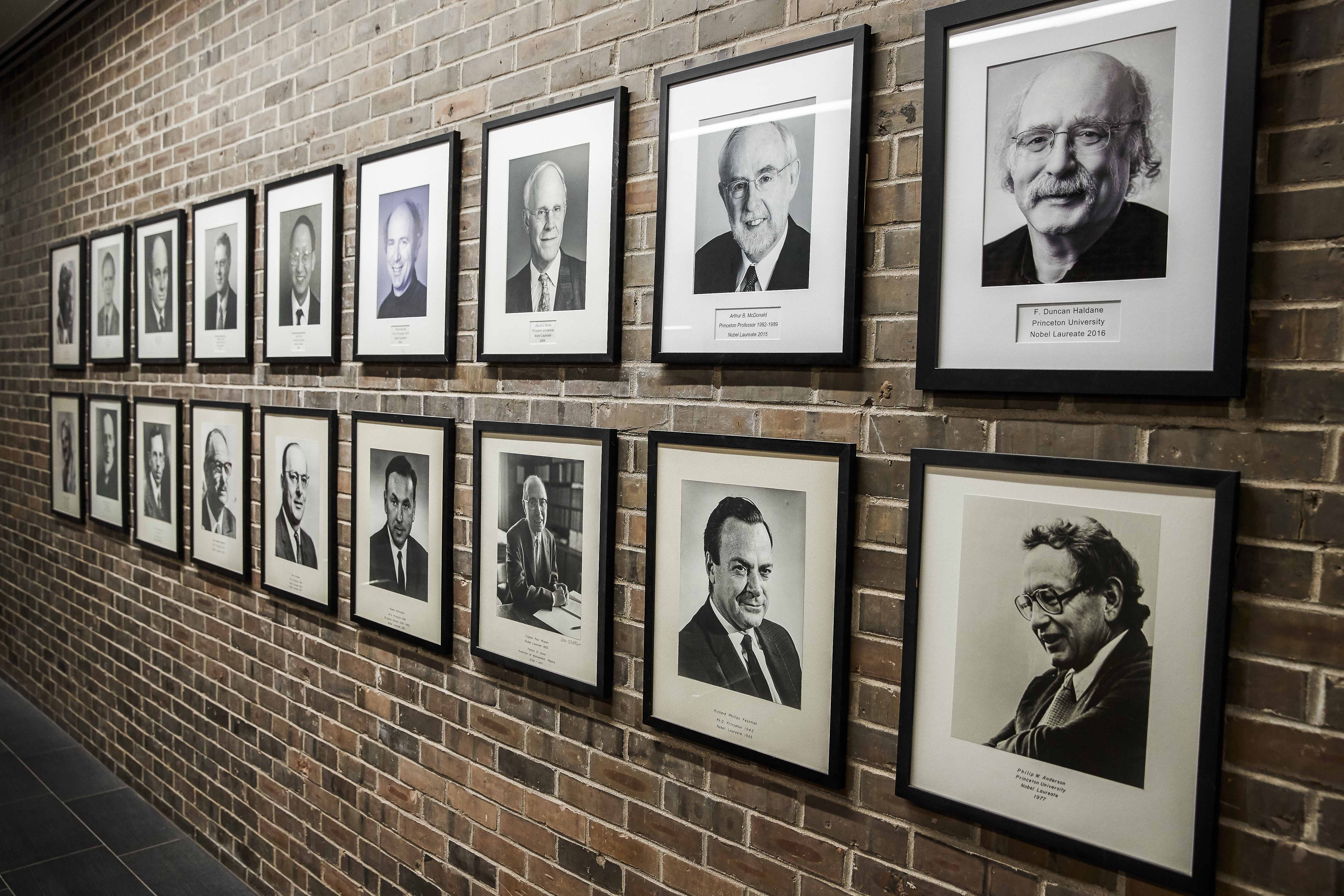
Would an otherwise excellent student even have the chance to study at Princeton if their parents are unable to cover the tuition fees?
That’s correct. We made a commitment that no student that we accept will be unable to come for financial reasons, and we don’t require students to take out loans. And that includes international students as well as domestic students. A significant fraction of our international students is on very significant financial aid.
We are now living in an age of digitalization. Do you think we will all obtain our degrees and education online in the future?
I do not. And I do not because I think for Princeton, if you had to put in one sentence what characterizes our educational philosophy, it would be the close work between the faculty and the students. And I don’t think that that’s going to change. I think the entirety of both undergraduate and graduate education at Princeton is designed around having students and faculty in relatively small rooms in conversation with one another, and I cannot imagine a Princeton University where that is different in 10-20 years.
I learned a tremendous amount by sitting on the Google’s (now Alphabet’s) board. It is all about the talent. At Google, we were making multi-billion-dollar decisions within a few days.
From 2005 to last month, you served as member of Google’s–later Alphabet’s–board of directors. What advantages did you perceive in the cooperation between Google and Princeton?
I learned a tremendous amount by sitting on the Google’s or Alphabet’s board. I learned how in some respects, the organization is quite similar in the sense that it is all about the talent. At Princeton, the most important thing we do is to attract the very best faculties and the very best student body. And then the magic happens. Actually, the same thing is true for Google; the most important goal for that company, and I saw it year in year out, is to attract the very best engineers and then giving them a fair amount of freedom to invent. So, there were similarities. The differences were truly profound. Universities are like large cruise ships, they turn very slowly, they deliberate very carefully. At Google, we were making multi-billion-dollar decisions within a few days. And it would be inconceivable. So, I learned in fact how to move and make decisions a little more quickly than I would have, if I hadn’t made this experience.
Do you understand the fear some people have about such powerful corporations like Amazon, Apple and Google? These are companies that know more about our lives than we may be comfortable with.
I do understand. And I can tell you that that is an issue the board discussed on many occasions, and you can imagine, more frequently now than in the past. I understand completely that there is unease about the amount of information that these companies have about individuals.
According to an Oxford study, 47% of all jobs are at risk of becoming obsolete with the progress of digitalization. With that in mind, what advice do you have for your students?
An advice that I give my own students is to think really carefully about what it is that you want to do with your career. If you are going to succeed in this particular environment–again, most of my students are either thinking about medicine or bio-medical science–you are really going to have to love it! Because the only way you are going to succeed in this day and age is that you have “fire in the belly,” as I call it. When you wake up in the morning, that’s the first thing you think about, it’s the last thing before you go to bed. If you are going into a doctoral program in biology and you are only feeling lukewarm about it, I can tell you that you are not going to succeed.
Princeton has a reputation as being the right place to search for a solution to a single problem, even if it takes years.
One of my favorite stories in this regard is the story of Andrew Wiles, the professor of mathematics, solving Fermat’s Last Theorem. He spent 7 years in his attic, working on a problem that was 300 years old, that everybody thought was unsolvable. And at the end of 7 years, having done not much than working on this Theorem–he solved it. I agree completely that having this handful of places, where people can pursue deep, fundamental knowledge for its own sake, are very important. Not everybody can be such an institution, but without these institutions, we would not be an as interesting planet as we are.
I used to describe myself as Princeton’s greatest cheerleader. But also, its greatest critic.
Princeton is a very strong brand in the world. In your opinion, is it essential for universities to be brands to attract the best students and most generous donors?
Absolutely. That is one of the most important jobs. It falls into two very broad categories: I used to describe myself as Princeton’s greatest cheerleader, but also its greatest critic. Because on the one hand, you have to tell the story, but on the other hand, you can’t fall victim to the story. In other words: You can’t see the university through rose-colored glasses. You have to see the ways in which the university is less than it could be, and then work to improve it!
Would you say that the situation in the United States has deteriorated since Donald Trump has taken office?
I’m not sure we have enough time in this day to answer that question! But the answer is yes! First, I think there is this deep suspicion that is being encouraged by the Trump Administration, about the role that science should play in policy making. How many years and months are we now in the Trump presidency? We still don’t have a science advisor to the president. In fact, we will never be going to have one. Science has no voice whatsoever in the Senior Trump Administration. That is deeply problematic. The second thing I am really worried about is the attitude that is clearly reflected in the new tax bill. The decision was made to tax endowment returns for the handful of lead universities that have endowments per student over a certain amount. The rationale that was given by the Republican Congress was to encourage universities to make their universities more affordable. But their solution was to take money from us, money that, in fact, we were using to make our institutions more affordable! So, I think we have a major target on our backs from the perspective of the Trump Administration and the Republican Congress, and I am deeply worried about it.
Quote: It is our darkest hour. Science has no voice in the Trump administration. I think we, as scientists, are in the crossfire right now.
What can scientists do to steer against these developments?
It is our darkest hour. The question is: How long will this hour last? Scientists have actually been mobilizing. There have been marches for science over the last year in which scientists have showed up all over the country in marches and demonstrated in favor of taking scientific information seriously in policy making. So, I think scientists are doing what many of the other groups who feel as though they are being vilified by President Trump are doing. But the most important thing we need to be doing is to be out, talking about science. We need to talk about why it is important; why it is different from faith; why it is different from impressions; why hypothesis doesn’t mean there is another plausible explanation, unless there is evidence in support of it. I think these are things that all of us are doing one way or another, to provide the kind of resistance to what is happening and what is truly problematic.
You are a world-renowned expert of molecular biology. How will inventions like CRISPR-Cas9 (which enables scientists to switch on and off specific sections in DNA) and genetic engineering in general change the way we treat diseases in the 21st century?
I have lived through two scientific revolutions in my own field: One was the recombinant DNA revolution, that if you follow it through, it actually led to the sequencing of the human genome. I think CRISPR-Cas9 is the second revolution. I think it is revolutionary. It is going to open doors, both in terms of understanding fundamental biology, it makes it possible to do genetics in organisms that we could never study before. But as you say: Probably the most important impact of CRISPR-Cas9 is going to be in medical care.
Are we going to be able to cure cancer and other currently incurable diseases in the future?
I am not one of the people who think we will be able to treat all diseases. We are mortal as a species. But we understand so much more about the drivers of cancer, and that opens up whole new ways of treating cancer that we couldn’t even have imagined. I believe the same is true for diseases like ALS, like Huntington’s, like Alzheimer’s, like Parkinson’s. These are diseases that were intractable 10 years ago. Now we are beginning to learn enough about their biological basis that I am very optimistic we are going to have treatments for them in the next couple of decades.
Nir Barzilai of the Einstein College of Medicine is conducting research with the goal to create a pill against aging; Aubrey de Grey hopes to fend off death altogether. Will humans be immortal one day?
No! Bad news for you–we will die. I’m not even sure I wish it was otherwise. For example, to give you a bit of a reality check: The company that Google funded, Calico, which is run by Art Levinson, who was the extraordinary CEO of Genentech, is not trying to make individuals immortal. What it’s trying to do is to focus on the diseases of aging and understand the ways in which you can ensure that one’s lifespan, whatever it is, one is as healthy as possible until the eventual demise. It’s not trying to make people immortal, and I think, had Art come into the Google board and explained that this is what he wanted to do, we would have laughed him out of the room.
